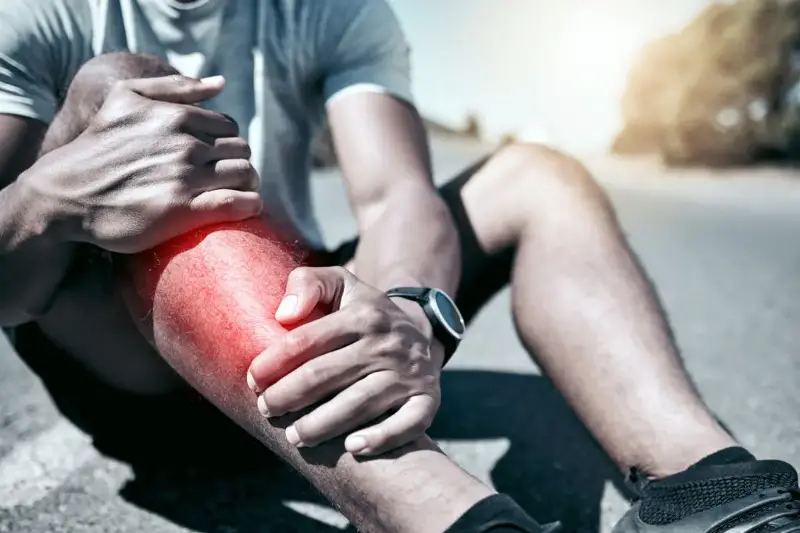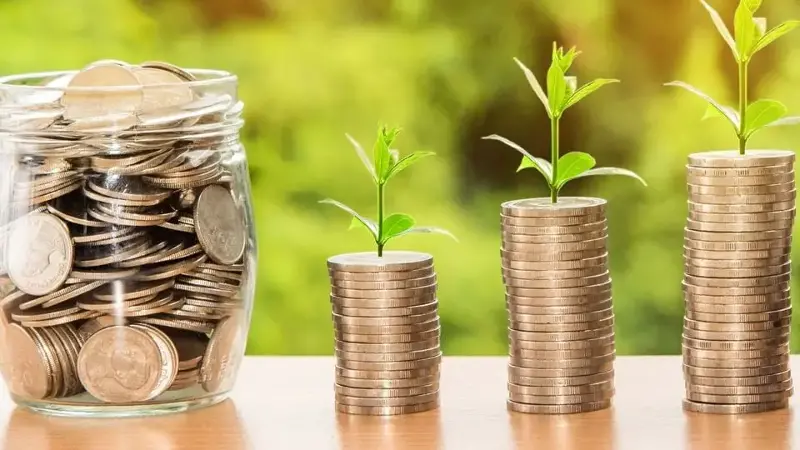Lifestyle-Health
Recovering from Sports Injuries Faster: What Really Works? by Dr Gowreson Thevendran

Sports injuries are an unavoidable part of an active lifestyle, but how quickly and effectively you recover from them can make all the difference. With a mix of advice floating around – from quick-fix myths to biohacking trends – it’s important to focus on strategies that are truly evidence-based. Here are six key pillars of recovery that can significantly enhance your healing process.
1. Sleep: The Foundation of Healing
Sleep is one of the most overlooked yet powerful tools for recovering from sports injuries. During deep sleep, the body releases growth hormones, which are essential for tissue repair. A consistent 7-9 hours of quality sleep supports immune function, reduces inflammation, and enhances muscle recovery.
Contrary to the common myth that “pushing through with less sleep builds toughness,” lack of rest can actually slow healing, increase pain sensitivity, and raise the risk of re-injury. Short naps and sleep extension strategies can further accelerate recovery during injury downtime.
2. Nutrition: Fuel the Repair Process
Healing is metabolically demanding. A nutrient-rich, whole-foods diet can significantly speed up recovery, while ultra-processed foods high in sugar, seed oils and preservatives can promote inflammation and delay tissue repair.
Focus on:
Lean proteins (for muscle repair)
Colourful vegetables and fruits (for antioxidants and vitamins)
Healthy fats (omega-3s for anti-inflammatory benefits)
Hydration (to support cellular function and nutrient transport)
Avoid crash diets or drastic caloric deficits. Your body needs sufficient fuel to rebuild damaged tissues.
3. Supplements: Bridging Nutrient Gaps
While food should be the primary source of nutrients, certain supplements can support and accelerate the healing process. These include:
Amino acids (especially leucine and glutamine) which aid muscle repair and tissue regeneration.
Vitamin D which supports bone health and immune function, particularly for individuals with limited sun exposure.
Magnesium and Zinc are essential for enzyme function, inflammation control and muscle recovery.
BPC-157, a synthetic peptide, has shown promising results in animal studies for tendon and muscle repair. However, it’s important to note that human data is limited, and its use remains experimental in most countries.
When considering supplements, always consult with a healthcare professional. This is especially so for peptides or high-dose nutrients.
4. Hyperbaric Oxygen Therapy (HBOT): Oxygen as Medicine
HBOT involves breathing pure oxygen in a pressurised chamber, which can increase oxygen delivery to damaged tissues. It has been used in sports medicine to accelerate recovery from soft tissue injuries, reduce swelling, and support post-concussion care.
While still a niche treatment, many elite athletes report benefits. However, access may be limited due to cost and availability, and more large-scale studies are needed to confirm its efficacy.
5. Cold Plunges and Cryotherapy: Smart Use is Key
Ice baths, cold plunges and cryotherapy are commonly used to reduce soreness and swelling. They can be especially effective within the first 24-48 hours after acute injuries to manage inflammation and pain.
That said, overuse of cold therapy might interfere with long-term tissue regeneration. The key is timing and moderation – use cold therapy for short periods (10-15 minutes) to manage discomfort but avoid relying on it as a daily recovery tool during later healing phases.
6. Physiotherapy and Osteopathy: Active, Guided Recovery
Hands-on therapies like physiotherapy and osteopathy play a critical role in structured rehabilitation. They can help to restore range of motion, correct imbalances and strengthen the affected area, reducing the risk of chronic issues.
The key is consistency. A progressive, personalised recovery plan under professional guidance is far more effective than passive rest or DIY exercises found online. Manual therapy, dry needling, mobility work and exercise therapy, when done right, can significantly accelerate recovery.
In Summary: What Actually Works?
Approach Role in Recovery
Sleep Speeds healing, reduces pain and stress
Nutrition Fuels repair, reduces inflammation
Supplements Supports nutritional gaps, especially in injury states
HBOT Enhances oxygenation, reduces swelling
Cryotherapy Reduces acute pain and inflammation
Physio/Osteo Restores function, prevents re-injury
Final Takeaway
Faster recovery isn’t about chasing the latest trends or miracle hacks. It’s about aligning your body with the conditions it needs to heal – rest, nutrition, targeted therapy, and patience.
While modalities like HBOT or peptides may offer added benefit, they work best when layered onto a foundation of solid sleep, balanced nutrition, and rehabilitative care. Recovery isn’t passive. It’s an active, strategic process. And when done right, it sets the stage for stronger, more resilient performance. PRIME
-

 Lifestyle-Health7 months ago
Lifestyle-Health7 months agoInvesting ₹10,000 a month via SIP in this mutual fund would have swelled to ₹1.71 crore in 21 years. Check how
-

 Lifestyle-Health7 months ago
Lifestyle-Health7 months agoMultibagger small-cap stock under ₹50 jumps despite sell-off in Indian stock market
-

 News In Diaspora7 months ago
News In Diaspora7 months agoHotels and homes on Crete evacuated as wildfire burns out of control
-

 Breaking News4 months ago
Breaking News4 months agoIsrael Names 77 Countries That Boycotted Netanyahu’s UN Speech In Protest Over Gaza War
-

 Lifestyle-Health8 months ago
Lifestyle-Health8 months agoOgie Alcasid’s daughter Leila ties the knot in Australia
-

 Lifestyle-Health8 months ago
Lifestyle-Health8 months agoDriving Abroad: These 34 countries accept SA licenses
-

 Politics8 months ago
Politics8 months agoFinally Federal Government of Nigeria Assures Citizens, Says The President Isn’t Controlled by Any Cabal
-

 Lifestyle-Health5 months ago
Lifestyle-Health5 months ago11 signs of growth that you might have missed
-

 Lifestyle-Health8 months ago
Lifestyle-Health8 months ago10 Unwritten Rules for Visiting Bali that Travelers Should Know
-

 Breaking News5 months ago
Breaking News5 months agoVeteran actress, Peju Ogunmola, loses only child, Ayomikun
-

 Lifestyle-Health6 months ago
Lifestyle-Health6 months agoWhen to take time off and focus on yourself and your family
-

 Breaking News7 months ago
Breaking News7 months agoNeymar’s Net Worth in 2025: Football Career, Earnings, Endorsements, and More

